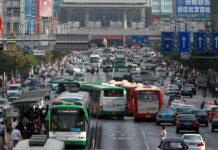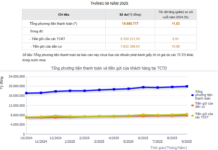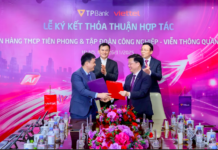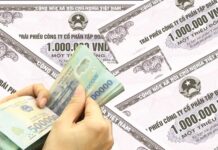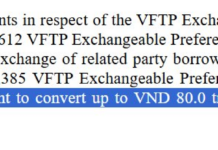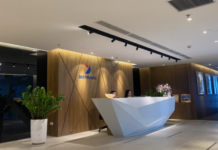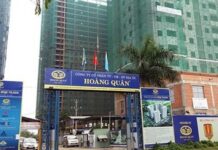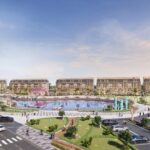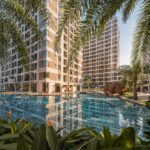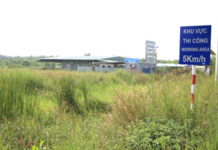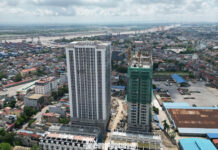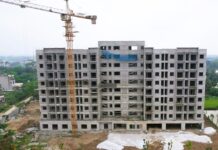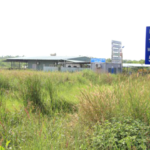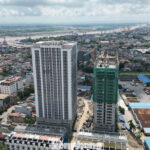At the 28th session of the Hanoi People’s Council on November 26, Vice Chairman of the Hanoi People’s Committee Nguyen Xuan Luu emphasized that alongside economic development, the city prioritizes social welfare policies, with affordable housing (NƠXH) being a critical mission. According to the plan “Investment in Constructing at Least 1.1 Million Affordable Housing Units from 2021-2030,” Hanoi aims to deliver 100,000 units by 2030. The Hanoi Party Committee has set a higher target of completing 120,000 units between 2026 and 2030.
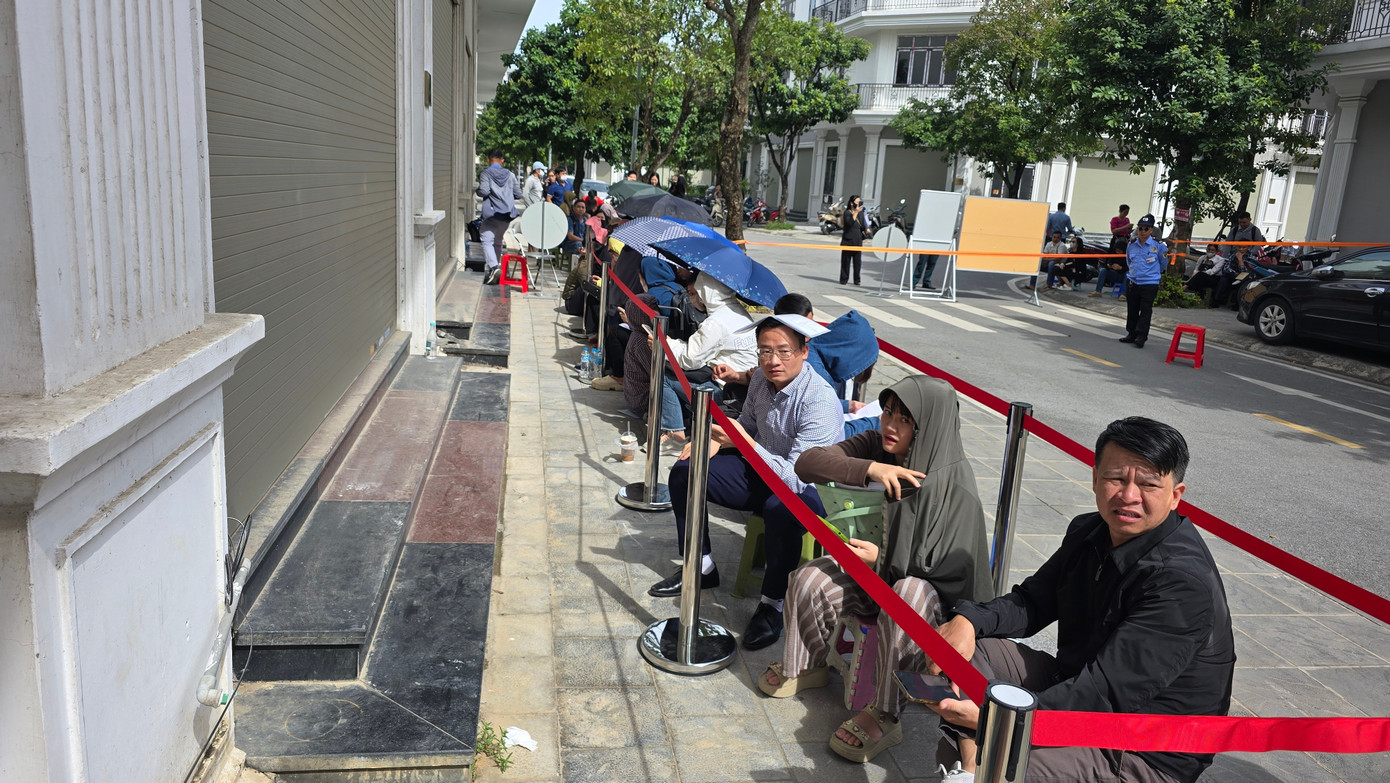
Residents queuing to submit applications for Uy No affordable housing
Currently, the city has 79 projects either underway or in the investment procedure phase, projected to supply approximately 90,760 units. Authorities are also finalizing procedures for affordable housing projects under the National Assembly’s resolution and Government Decree 192. Most of these projects are located on 20% or 25% land funds within land-use rights auction projects or among the 19 land plots approved by the People’s Committee. If implemented systematically, the number of units eligible for market release from 2026 to 2030 will meet the 120,000-unit target.
Expanding Rental Affordable Housing is Essential
During the session, delegate Nguyen Minh Duc stressed the need for a price control mechanism for affordable housing to ensure social welfare, as current prices remain high compared to the income of most Hanoi residents. He noted that while many sectors have price controls, affordable housing lacks such regulation.
Aiming to Achieve Affordable Housing Targets by 2026
Vice Chairman Nguyen Xuan Luu stated that Hanoi aims to complete its affordable housing targets by 2026, as directed by the Prime Minister. The city will implement measures such as purchasing commercial housing for resettlement purposes, accelerating the renovation of old apartment buildings by resolving compensation and site clearance issues, and intensifying inspections of real estate business activities by developers and trading floors.
Additionally, Hanoi plans to pilot 2-3 smart urban areas based on appropriate investment criteria and mechanisms.
Delegates suggested that Hanoi study Da Nang’s model, where the city budget funds the construction of apartment complexes, subsequently renting them to public servants and workers at rates starting from 600,000 VND/month for 30-50 sqm units. Developing a rental affordable housing fund would enhance social welfare and alleviate pressure from high commercial property prices.
Delegate Nguyen Minh Duc also urged the city to decisively address stalled projects and consider issuing land-use rights certificates to residents in buildings with unauthorized additional floors. He argued that while developer violations have been addressed, residents’ ownership rights remain legitimate.
Many delegates agreed, calling for price control mechanisms for affordable housing and transparency from developers in handling purchase and rental applications to prevent policy exploitation and profiteering.
Green Valley Mong Cai: Unlocking Northern Vietnam’s Capital Flow with Competitive Pricing and a New Growth Cycle
Amidst the Northern real estate market’s evident recovery, Green Valley Mong Cai emerges as a magnet for investment, driven by its competitive pricing, well-developed infrastructure, and robust growth potential fueled by the strategic Mong Cai International Border Gate.
Hanoi Approves Series of Incentives for Old Apartment Renovation Projects
Property owners whose land is reclaimed for the purpose of redeveloping a specific urban area (projects intended for residential use) are eligible for on-site resettlement arrangements. Additionally, those affected by the land reclamation benefit from support policies, including progress incentives for timely land handover as per regulations.




